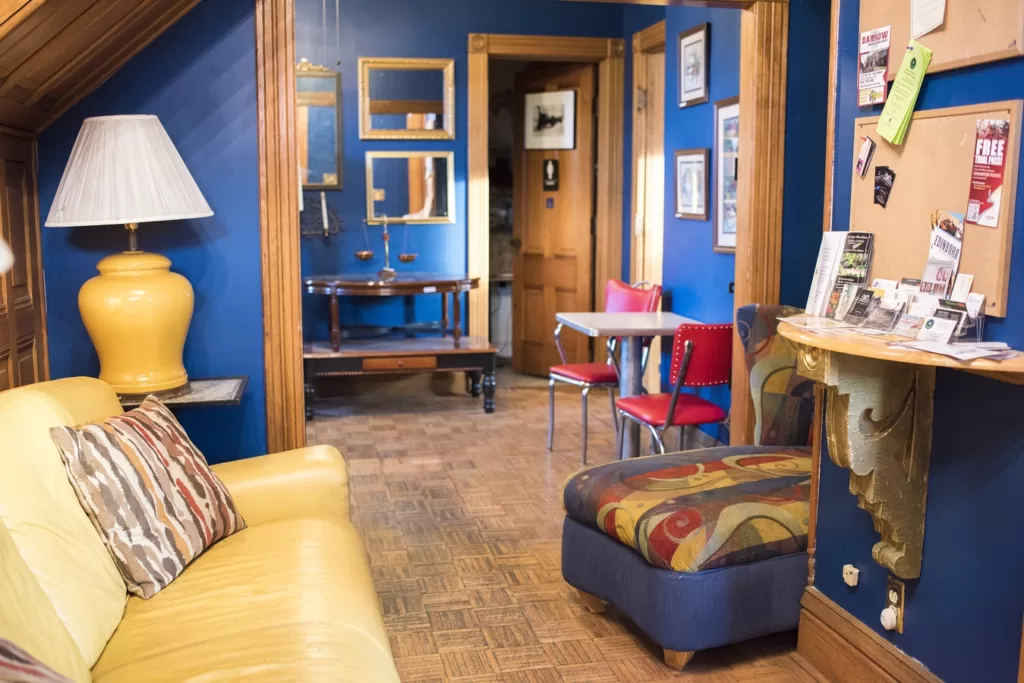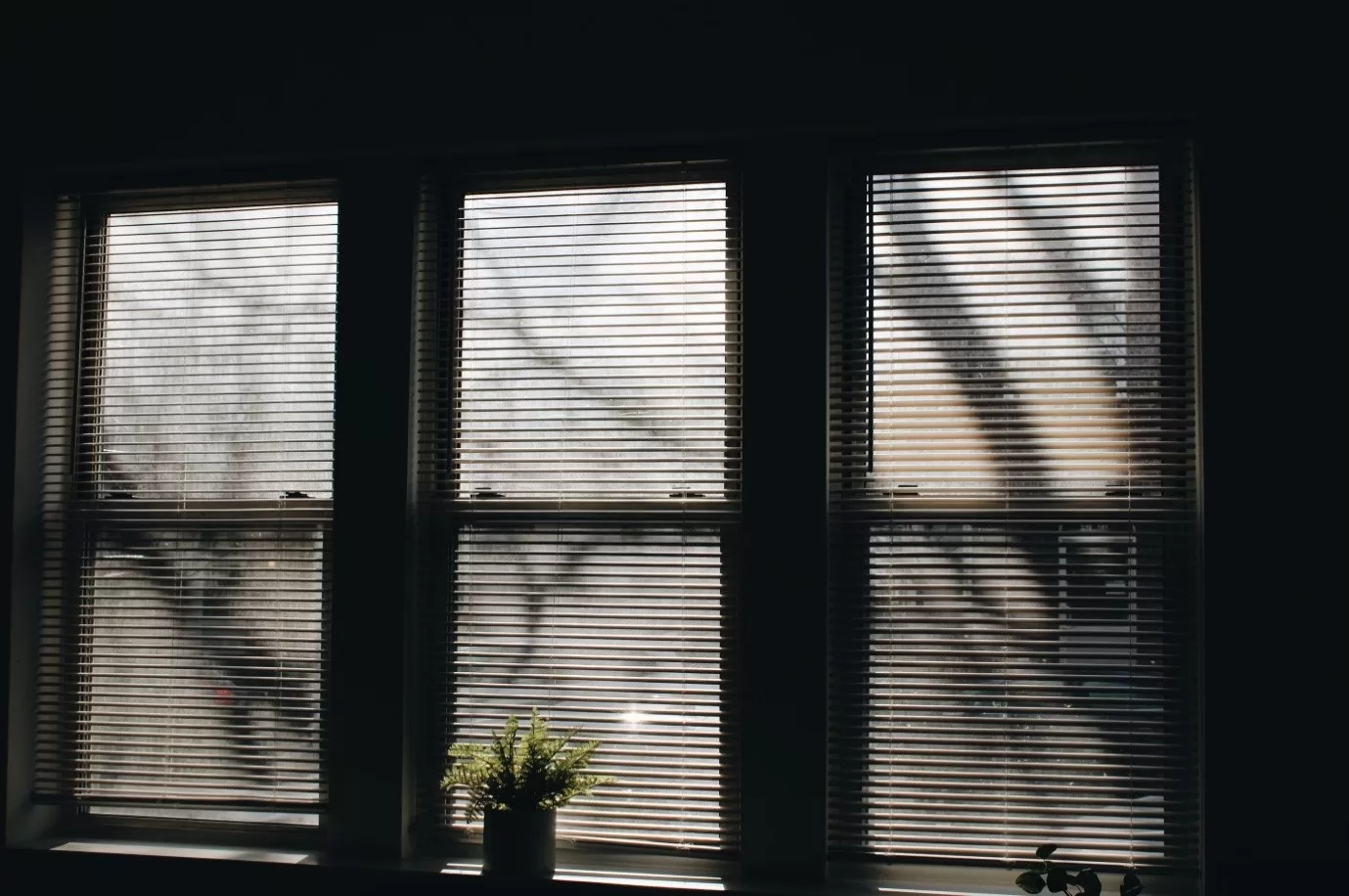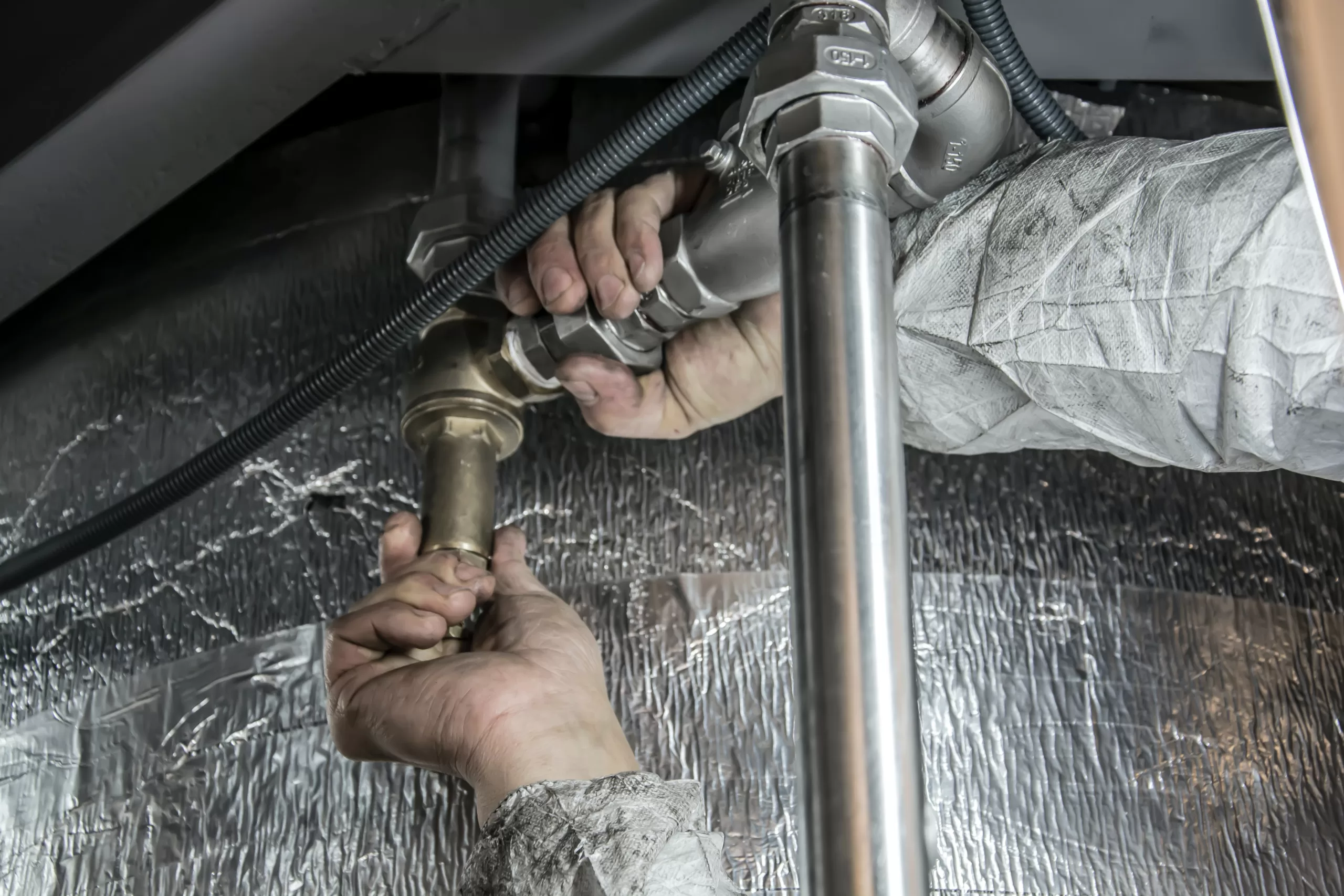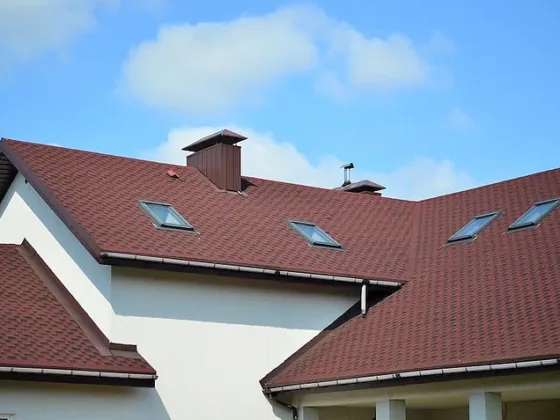Causes of Heat Build-up Indoors

Several factors contribute to heat build-up indoors, making it difficult to maintain a comfortable temperature. Here are some common causes:
- Solar Radiation: Sunlight entering through windows and skylights can increase the indoor temperature significantly. The solar radiation heats up the objects in your home, including furniture, floors, and walls, which then radiates heat back into the room.
- Inadequate Insulation: Poor insulation allows outside heat to infiltrate your home. Insufficient insulation in walls, roofs, and floors fails to prevent heat transfer, resulting in increased indoor temperatures.
- Appliances and Electronics: Household appliances and electronic devices generate heat during operation. When multiple devices are in use simultaneously, they can contribute to heat build-up, especially if not properly ventilated.
- Inefficient Ventilation: Inadequate ventilation restricts the flow of fresh air and prevents heat from escaping. Without proper air circulation, hot air becomes trapped indoors, causing heat to accumulate.
- Heat-producing Activities: Activities such as cooking on stovetops, using ovens, or taking long, hot showers can significantly raise the indoor temperature. These activities release heat into the surrounding space, contributing to heat build-up.
Effects of Heat Build-up
Excessive heat in your living space can have various negative effects on both your physical and mental well-being. Here are some common effects of heat build-up:
Read Also :
- Discomfort and Fatigue: High indoor temperatures can lead to discomfort, making it difficult to relax or concentrate. Persistent exposure to heat can also cause fatigue, affecting productivity and overall mood.
- Dehydration and Heat Exhaustion: Heat build-up may result in dehydration, as excessive sweating occurs to regulate body temperature. Prolonged exposure to high temperatures without adequate hydration can lead to heat exhaustion, characterized by dizziness, weakness, and nausea.
- Sleep Disturbances: A hot and stuffy environment can disrupt sleep patterns, making it challenging to get a restful night’s sleep. Poor sleep quality due to heat can have detrimental effects on your health and well-being.
- Reduced Air Quality: Heat build-up can decrease air quality by trapping pollutants and allergens indoors. The lack of fresh air circulation exacerbates respiratory issues and allergies, leading to discomfort and potential health problems.
Solutions for Creating a Comfortable Indoor Environment
Creating a comfortable indoor environment with reduced heat build-up is essential for your well-being. Here are some effective solutions to consider:
- Insulate Your Home: Improve insulation in your home by adding weatherstripping to doors and windows, sealing gaps and cracks, and insulating walls, roofs, and floors. Proper insulation helps prevent the transfer of heat into your living space.
- Use Window Treatments: Install blinds, curtains, or shades to block out direct sunlight during the hottest parts of the day. Reflective window films or solar screens can also help reduce solar radiation and heat gain.
- Upgrade Ventilation Systems: Ensure your home has proper ventilation systems in place. Install ceiling fans or exhaust fans to improve air circulation and expel hot air. Consider using attic fans or whole-house ventilation systems to cool down your living space efficiently.
- Use Heat-Reflective Roofing: If feasible, consider using heat-reflective roofing materials that can reduce heat absorption from sunlight. This helps maintain lower indoor temperatures and minimizes heat build-up.
- Manage Appliance Usage: Optimize the use of appliances and electronics to minimize heat generation. Use them during cooler parts of the day or spread out their usage. Ensure that appliances are properly ventilated to dissipate heat effectively.
- Utilize Natural Ventilation: Take advantage of cooler evening and early morning temperatures by opening windows and allowing fresh air to circulate. Cross-ventilation can help flush out accumulated heat and bring in cooler air.
- Create Shade: Plant trees or install awnings, pergolas, or outdoor shades to create shade around your home. This blocks direct sunlight and reduces heat gain, especially on windows and outdoor areas.
- Stay Hydrated and Dress Appropriately: Drink plenty of water to stay hydrated, especially during hot weather. Wear lightweight and breathable clothing that allows for better temperature regulation.
- Consider Window Tinting: If you live in areas with a hotter climate, another effective solution is to consider professional window tinting especially in Utah. Window tints can block a significant percentage of the sun’s heat and UV rays, thereby reducing heat build-up indoors. Additionally, window tints can provide extra privacy and protect your furnishings from sun damage.
Heat build-up resulting in an uncomfortable indoor temperature can significantly impact your daily life and well-being. Understanding its causes and effects can help you take the necessary measures to create a more comfortable living environment.
Implementing the solutions discussed in this blog post can help you combat heat build-up and maintain a cool, pleasant home. Remember to stay hydrated, dress appropriately, and seek medical attention if you experience any adverse effects of high temperatures indoors.









